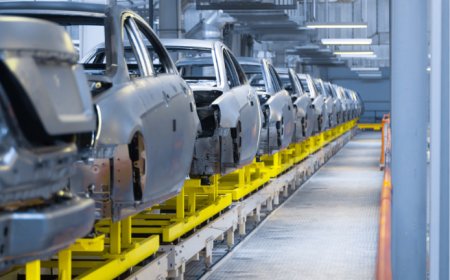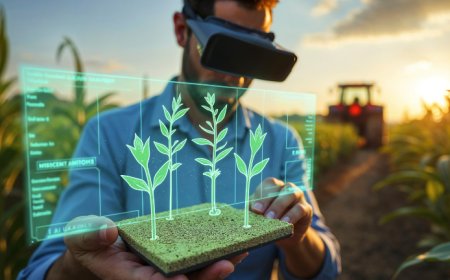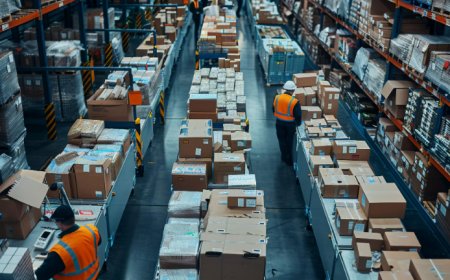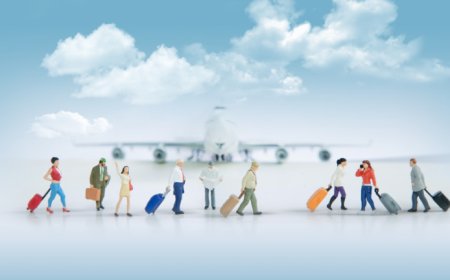Travel Industry in 2025: Reimagining Journeys Through Purpose, Technology, and Personalization
Travel Industry in 2025: Reimagining Journeys Through Purpose, Technology, and Personalization
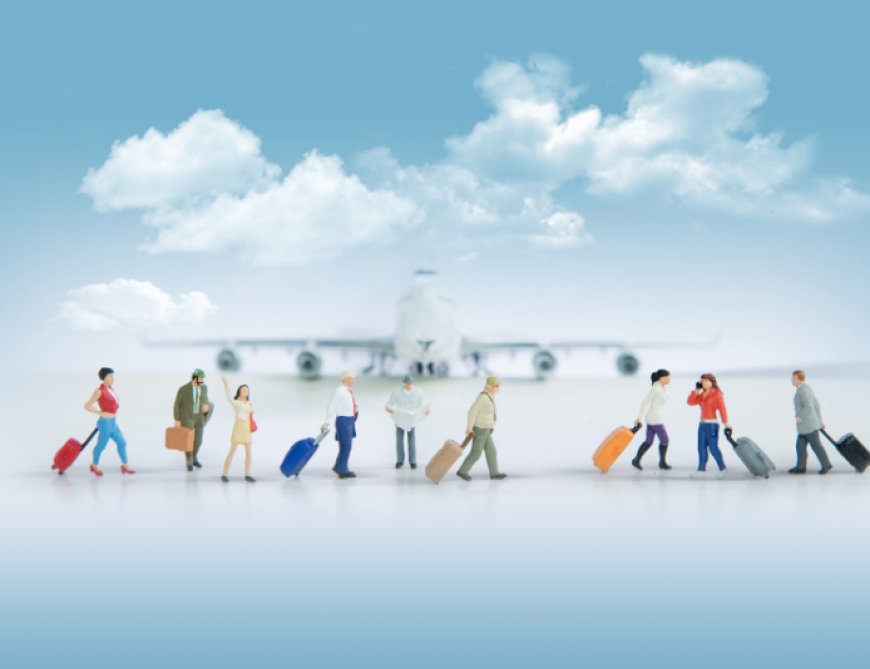
-

As we move through 2025, the global travel industry is experiencing a fundamental reshaping of priorities. What was once centered on destinations and deals is now focused on experiences, values, and convenience. Travelers are not only returning—but doing so with higher expectations, stronger environmental consciousness, and greater reliance on digital tools.
In a world shaped by post-pandemic realities, climate urgency, and social change, travel is no longer just about movement—it's about meaning. The industry is rising to meet these demands with technology, personalization, and renewed attention to authenticity.
The Experience Economy Takes the Lead
Modern travelers are prioritizing immersion over itineraries. Instead of simply visiting iconic landmarks, people want to engage with local communities, cuisine, culture, and history. This has led to increased interest in slow travel, regional tourism, and hands-on activities that create lasting memories.
The rise of transformational travel—where people seek personal growth, purpose-driven experiences, and meaningful human connection—is reshaping the offerings of travel operators, tour designers, and hospitality brands alike. Yoga retreats, nature immersions, culinary journeys, and community-based tourism are in high demand.
This shift has also blurred the lines between luxury and simplicity. Travelers across all budgets are placing more importance on quality of experience, cultural engagement, and personalization than on traditional star ratings.
Technology as the Travel Backbone
Technology is deeply embedded in every phase of the travel journey—from inspiration and research to booking, transit, and post-trip sharing. In 2025, travelers expect digital tools not as enhancements but as essentials.
AI-powered platforms help personalize itineraries, recommend destinations based on travel history, and manage last-minute changes. Virtual assistants and chatbots are streamlining customer service across airlines, hotels, and tour operators. Meanwhile, biometric authentication is speeding up airport security and immigration, making international travel smoother and safer.
Augmented reality (AR) and virtual reality (VR) are being used to preview destinations, simulate experiences, or enhance guided tours, while blockchain-based systems are beginning to gain traction for secure, verifiable digital identities and payments.
Ultimately, convenience, speed, and personalization are defining the competitive edge in the travel industry today.
Sustainable and Conscious Travel Becomes the Norm
Sustainability is no longer a niche concern—it is central to the way many travelers make decisions. People are actively seeking out eco-friendly transportation, low-impact accommodations, and ethical tourism operators.
In response, airlines are adopting more fuel-efficient aircraft and exploring sustainable aviation fuels (SAFs). Hotels are eliminating single-use plastics, investing in renewable energy, and sourcing local materials and produce. Carbon offset programs are being built into booking platforms, offering travelers the option to support reforestation or clean energy projects.
Moreover, regenerative travel—where tourism actively benefits local ecosystems and communities—is gaining momentum. Tour operators are partnering with indigenous groups, conservation organizations, and rural communities to offer travel experiences that support biodiversity and cultural preservation.
Work, Life, and Travel Blur Together
The concept of the “digital nomad” has matured. With millions of professionals working remotely, travel is no longer limited to vacations—it’s part of everyday life. This has led to the rise of workcations, bleisure trips, and extended stays in flexible accommodations like serviced apartments, co-living spaces, and long-term Airbnb rentals.
Governments in several countries are now offering digital nomad visas, allowing remote workers to live and work legally for extended periods. These programs are not just helping stimulate local economies—they’re reshaping tourism seasons and creating new business models in hospitality.
Personalization and Loyalty in the Age of Data
With access to vast pools of traveler data, brands are personalizing their services more than ever. Airlines, hotels, and travel apps are using AI to analyze preferences, recommend upgrades, suggest destinations, and optimize pricing.
Loyalty programs have evolved beyond points. Today, they include experiential perks, such as early access to curated local events, exclusive dining reservations, or behind-the-scenes tours. Businesses are focusing on lifetime value, not just one-time transactions.
Challenges Ahead: Managing Complexity and Expectations
Despite all the innovation, the travel industry still faces considerable challenges. Labor shortages in hospitality, rising geopolitical tensions, and economic uncertainty require resilience and agility from travel providers.
Moreover, the industry must continue addressing over-tourism in key cities and natural attractions. This means rethinking how crowds are managed, how infrastructure is supported, and how local communities are protected from being overwhelmed.
Conclusion: The Future of Travel is Purpose-Driven
Travel in 2025 is not about returning to what was. It’s about building something better—more thoughtful, more sustainable, and more aligned with the values of today’s global citizens.
As technology advances and consumer expectations rise, the businesses that succeed will be those that can deliver not just destinations, but authentic, frictionless, and responsible experiences that stay with people long after the journey ends.
What's Your Reaction?
 Like
0
Like
0
 Dislike
0
Dislike
0
 Love
0
Love
0
 Funny
0
Funny
0
 Angry
0
Angry
0
 Sad
0
Sad
0
 Wow
0
Wow
0

